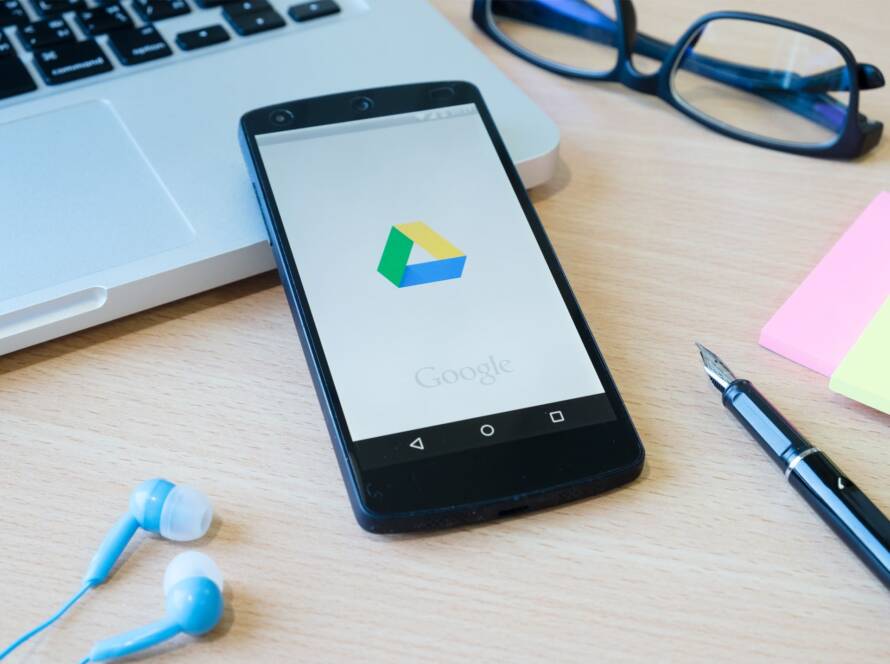Finding new clients today means showing up in the places people already spend time online. Many therapists feel stuck when deciding what actually works. Should you invest in Google Ads for therapists, or focus on Facebook ads and Instagram ads for therapy instead? The right answer depends on your goals, your audience, and how you structure your therapist PPC campaigns.
With a clear strategy, online advertising for therapists does more than generate clicks. It helps you connect with clients who are actively looking for support, whilst also building awareness among people who may not be ready yet but will remember your name when they are.
Why Online Advertising Matters for Therapists
Clients are increasingly searching online before reaching out. Advertising allows your practice to appear at the right moment, whether someone is typing “anxiety counsellor near me” into Google or scrolling through social media after a stressful day.
Advertising today is not about being everywhere. It is about being present where clients feel comfortable taking the first step. When done thoughtfully, online advertising for therapists can turn visibility into real inquiries and meaningful client relationships.
Google Ads: Reaching Clients Who Are Ready Now
Google Ads places your practice in front of people who are already searching for therapy. When someone types “couples counselling” or “child therapist near me,” your ad can appear at the top of the results.
That high intent is what makes Google Ads for therapists so effective for direct leads.
Key strengths include:
- Location-based targeting to reach nearby clients
- Keyword targeting based on what clients are searching for
- Pay-per-click pricing, meaning you only pay when someone visits your site
For therapists who want faster inquiries, Google often delivers quicker outcomes than social platforms.
Facebook Ads: Building Awareness and Familiarity
Facebook ads for therapists work differently. People are not usually on Facebook actively searching for therapy, but they may discover your services through content that feels relevant to their life.
Facebook is especially useful for:
- Promoting mental health education posts
- Sharing supportive coping strategies
- Highlighting online therapy options or workshops
This platform helps build familiarity over time, so when someone is ready, your practice feels like a trusted option.
Instagram Ads: Visual Connection That Feels Personal
Instagram is built around storytelling. Instagram ads for therapy allow therapists to share calming visuals, short videos, or quick educational insights that feel approachable rather than promotional.
Instagram works well for therapists who want to:
- Show the tone and personality of their practice
- Share bite-sized mental wellness tips
- Build trust through consistent presence
Many clients connect with what feels human first, not what feels like an advertisement. Instagram supports that style of connection.
Comparing Google Ads and Meta Ads
The table below breaks down the differences between Google and Meta platforms.
Feature | Google Ads for Therapists | Meta Ads (Facebook & Instagram) |
Audience Intent | High intent, people are actively searching | Lower intent, people discover you while browsing |
Speed of Results | Faster often leads to direct inquiries | Slower, focuses on awareness and trust |
Targeting Style | Keywords and location-based searches | Interests, demographics, behaviours |
Best Use Case | Clients are ready to book soon | Building long-term visibility and connection |
Ad Formats | Search ads, display ads, local service ads | Photos, videos, stories, carousel ads |
Cost Structure | Pay per click, highly measurable | Pay per click or impression varies by competition |
Main Strength | Short-term leads and ROI | Trust-building and brand awareness |
Both platforms can be valuable, but they serve different stages of the client journey.
Therapist PPC Campaigns: Making Your Budget Work
Successful therapist PPC campaigns are not about spending more. They are about spending with focus.
Strong campaigns usually include:
- Targeted keywords or audience segments
- Excluding irrelevant searches to reduce wasted clicks
- Landing pages that match what the ad promises
- Clear calls to action, such as booking a consultation
Tracking matters as much as setup. Monitoring cost per lead, conversion rates, and click-through performance helps refine campaigns and avoid unnecessary spending.
Choosing the Right Platform for Your Practice
Google is often the best option when you need to make inquiries quickly, because people searching are already motivated.
Meta Ads work well when your goal is awareness, relationship-building, and staying visible over time.
Many practices benefit from using both:
- Google Ads for immediate client bookings
- Social ads for nurturing trust and long-term growth
The key is aligning your advertising with the right social media platform for your therapy practice, rather than copying what other clinics are doing.
Conclusion
Effective online advertising for therapists requires clarity, strategy, and regular monitoring. Google Ads for therapists help you reach clients who are actively seeking care right now. Facebook ads and Instagram ads for therapy support awareness and connection, helping clients feel familiar with your practice before they reach out.
With thoughtful therapist PPC campaigns, advertising can become a reliable source of sustainable growth rather than an expensive experiment.
Psychotherapy Growth supports therapists in building advertising strategies that feel professional, ethical, and aligned with the supportive nature of mental health care.
FAQs
Google Ads are faster since they are going to target people who are already seeking therapy, and Meta Ads are more about awareness and building relationships.
Budgets vary, but even a small budget, such as a few hundred dollars a month, will enable you to test your results and improve them as time goes on.
Yes. A combination of the two is normally the best way. Google takes short-term queries, and Meta builds long-term exposure and credibility.




